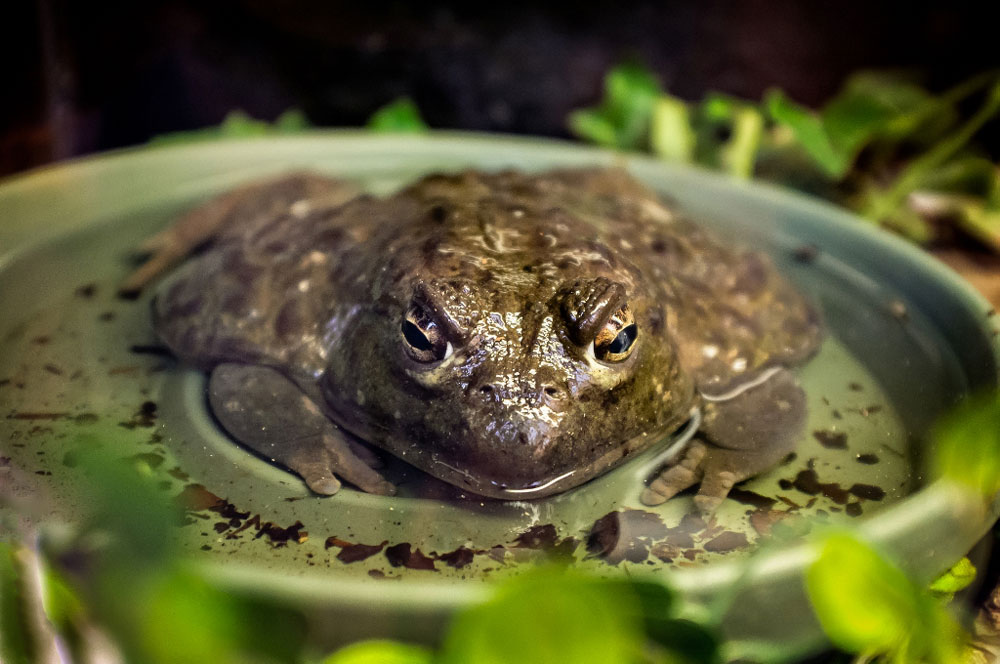What is FrogWatch USA?
FrogWatch USA™ is the Association of Zoos and Aquariums’ (AZA) citizen science program and provides individuals, groups, and families opportunities to learn about wetlands in their communities by reporting on the calls of local frogs and toads.
Frogs and toads are important, and they need our help!
Frogs and toads have been vitally important in the field of human medicine and compounds from their skin are currently being tested for anti-cancer and anti-HIV properties. They also play an important role, serving as both prey and predator, in wetland ecosystems and are considered indicators of environmental health. Many previously abundant populations have dramatically declined – in the U.S. and around the world. It’s essential that scientists understand the scope, scale, and cause of these diminishing populations.
The FrogWatch USA™ Community
Volunteers are the foundation of the FrogWatch USA™ community. During evenings from February through August, volunteers listen for frogs and toads and submit these observations to a national online database. Seneca Park Zoo is a part of an expansive network of chapters across the country that partners with AZA to contribute data to FrogWatch USA™.
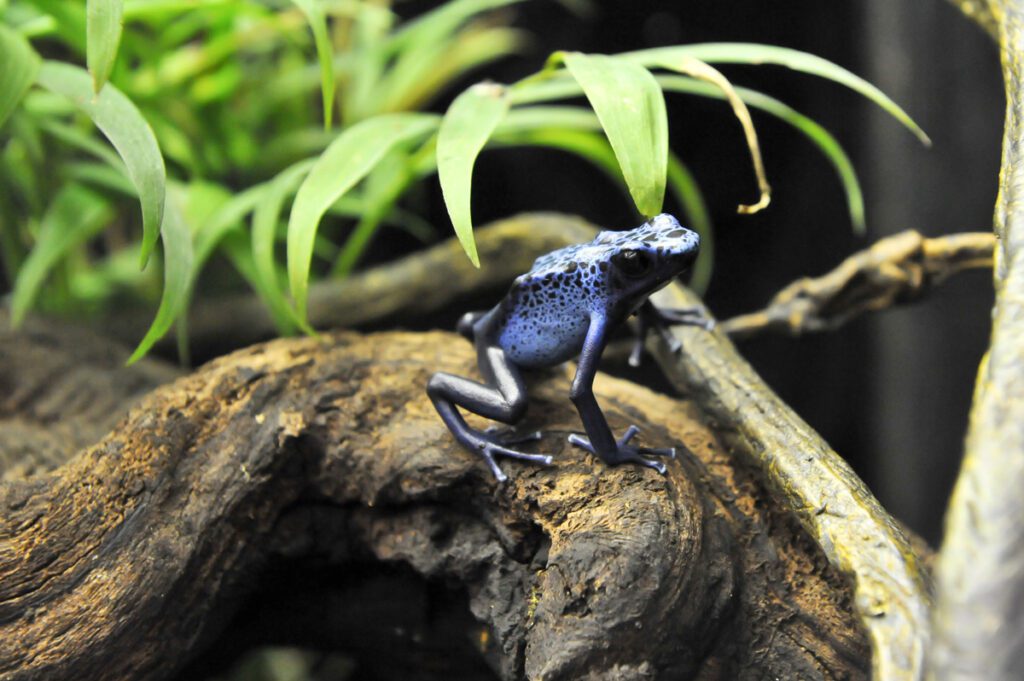
Anyone can volunteer and WE NEED YOU!
Becoming a FrogWatch USA™ volunteer is simple, and you don’t have to be a frog or toad expert to make an important contribution. All you need is:
- An interest in frogs and toads
- A willingness to become a trained volunteer and join Seneca Park Zoo’s local FrogWatch USA™ Chapter. Volunteer training opportunities are available in-person and online.
- A commitment to follow the standardized protocol to monitor a wetland site over multiple evenings throughout the breeding season (February – August)
Interested in joining the Zoo’s FrogWatch USA™ chapter?
Fill out the form below to receive more information about upcoming volunteer training sessions. Our chapter coordinator will teach you to identify species by call, locate and register a wetland site, and collect and submit observations to the nationwide dataset.

